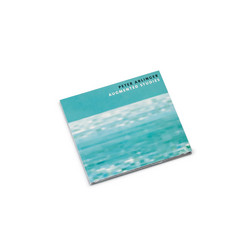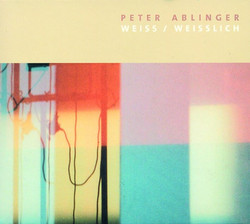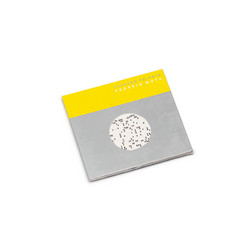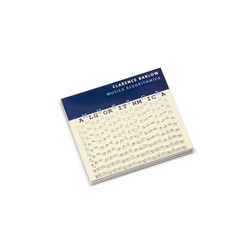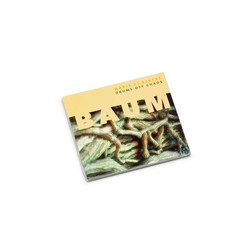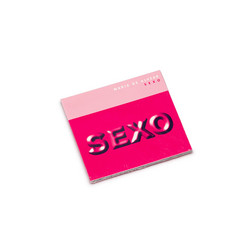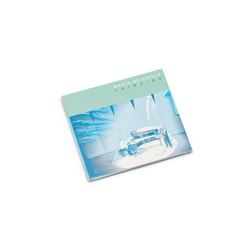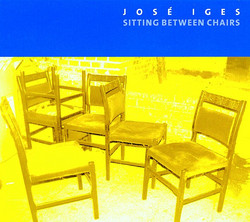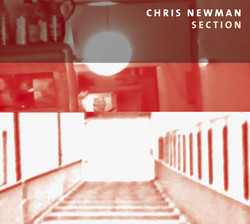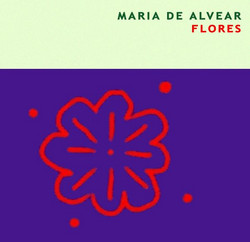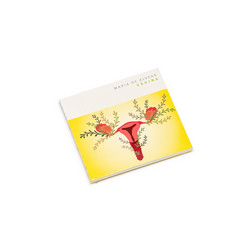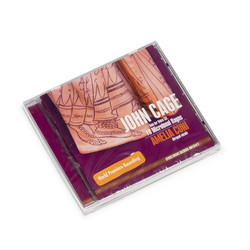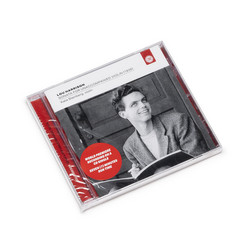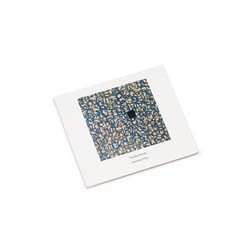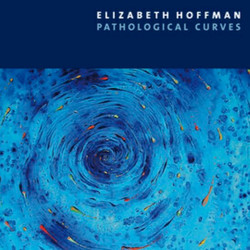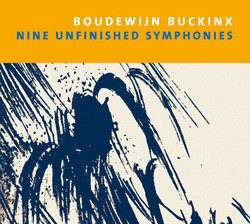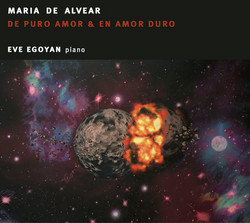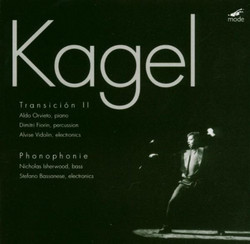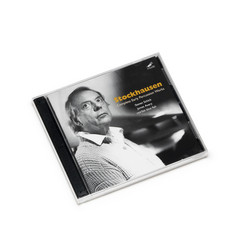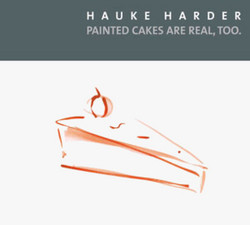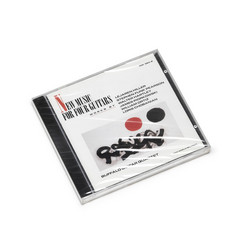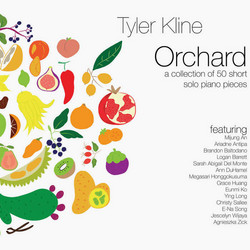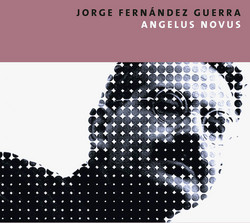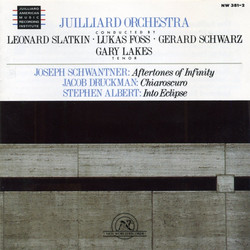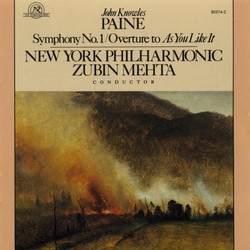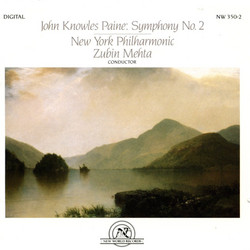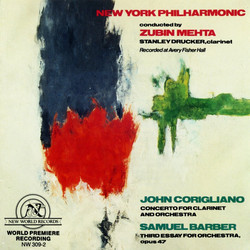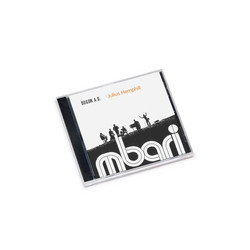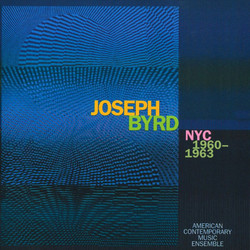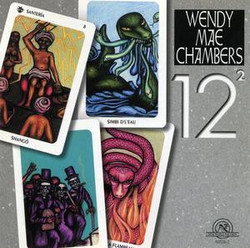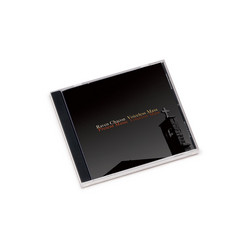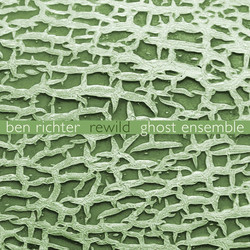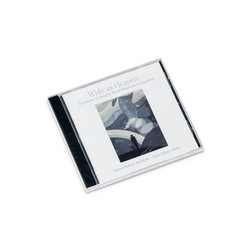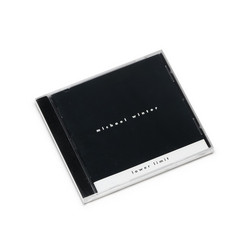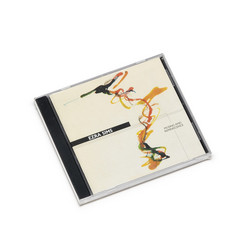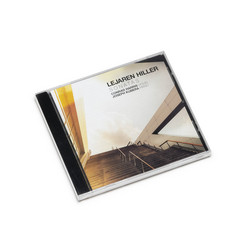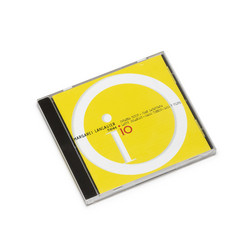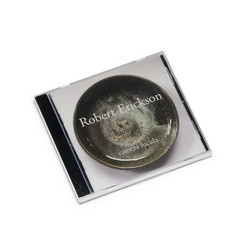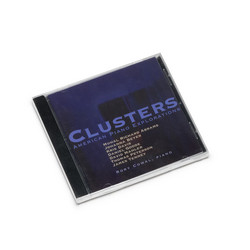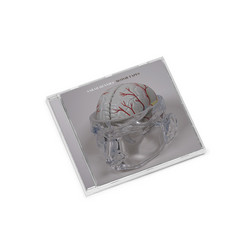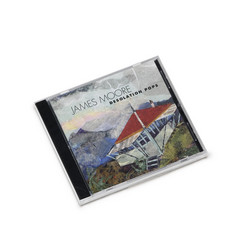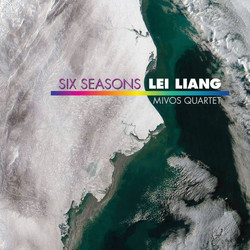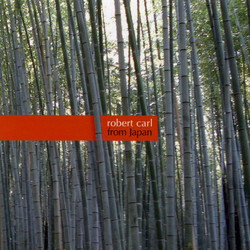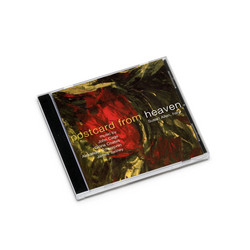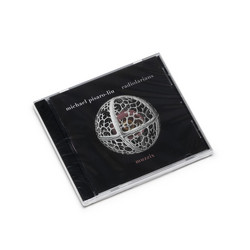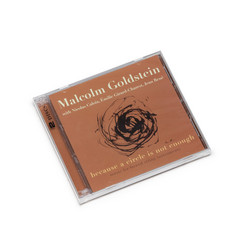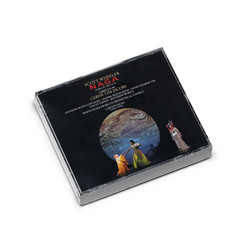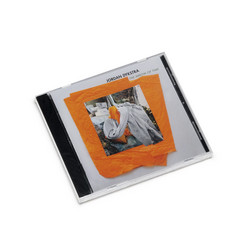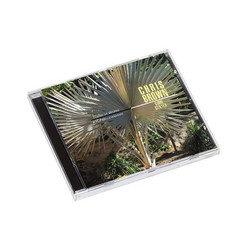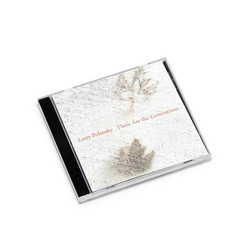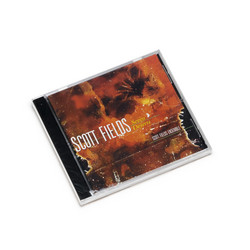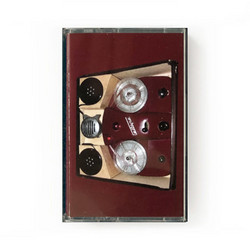George Rochberg, Jacob Druckman, Zubin Mehta, New York Philharmonic
Concerto For Oboe And Orchestra / Prism (CD)
George Rochberg seems an unlikely revolutionary, yet it was he, more than anyone else, who dealt the crushing blow to serialist orthodoxy. A student of Gian Carlo Menotti at the Curtis Institute in Philadelphia, Rochberg began as a modern mainstream composer. He later became involved with serialism, but with Contra mortem et tempus (1965), written after the death of his son, Rochberg hesitatingly but irrevocably re-embraced not only tonality but the whole universe of emotional states commonly associated with it. From this "collage," which quoted stray bits of music by other composers, Rochberg eventually evolved a style predicated on pastiche; the explicit references to Haydn, Mahler, Bartók, and others were meant to function not as parody but as signposts pointing the way back to the (in his opinion) lost expressivity of the past.
The Concerto for Oboe and Orchestra contains no overt quotations from earlier music in its four continuous, thematically linked movements, there are, inevitably, recollections. The oboe's sad, plangent musings in the first section bring to mind the desolate lied of the English horn in Act III of Tristan, while the rolling-gaited march of the third part is reminiscent of Prokofiev. Elsewhere, the dense textures and sudden emotional outbursts invite comparison with the Berg of the Three Pieces for Orchestra.
Jacob Druckman is another composer for whom eclecticism comes naturally. The irresistibly dramatic myth of Medea has long had a potent hold on Druckman's imagination, and he has turned to it repeatedly throughout his career. Prism makes its effect through exclusively orchestral means. It is scored for large orchestra, including an electric harpsichord and augmented percussion section, and is in three movements, each incorporating music from an earlier Medea opera: Marc-Antoine Charpentier's Médée (1694), Francesco Cavalli's Il Giasone, or Jason (1648), and Luigi Cherubini's Medea (1797).
